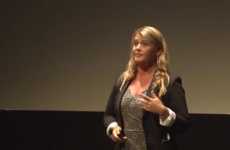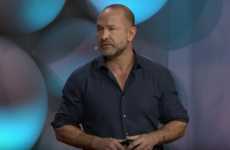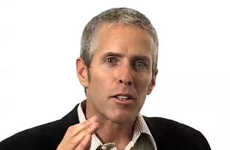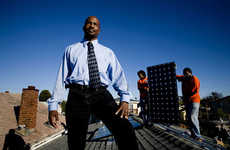
Need Inspiration?
Get inspired by 4,000+ keynote speaker videos & our founder, a top keynote speaker on innovation.
Tapiwa Chiwewe's Speech on AI Considers Environmental Predictions
Riley von Niessen — April 13, 2018 — Keynote Trends
Tapiwa Chiwewe, an AI researcher for IBM Africa, delivered a speech on AI for TED, in which he considers the power of a fresh perspective when it comes to pollution prevention.
He begins by talking about his experience in Johannesburg, where he was unable to even see the beautiful skyline that it's known to have one morning because a giant cloud of air pollution was completely blocking its view. Although he didn't know much about air quality science as a computer engineer, he wanted to do something about what he saw. He started doing some research, and began looking at collaborative ways that would help to solve the problem.
This led him to create an online air quality management platform, which would uncover trends in pollution and use this data to predict future outcomes. After sourcing over a decade's worth of data, Chiwewe and his colleagues were able to use machine learning technology to predict adverse events, see what was causing the most pollution, and take the steps to make improvements.
With his speech on AI, Chiwewe considers the collective responsibility people have to do what they can for the environment, and shows that a specific lack of knowledge shouldn't stop anyone from pushing innovation forward.
He begins by talking about his experience in Johannesburg, where he was unable to even see the beautiful skyline that it's known to have one morning because a giant cloud of air pollution was completely blocking its view. Although he didn't know much about air quality science as a computer engineer, he wanted to do something about what he saw. He started doing some research, and began looking at collaborative ways that would help to solve the problem.
This led him to create an online air quality management platform, which would uncover trends in pollution and use this data to predict future outcomes. After sourcing over a decade's worth of data, Chiwewe and his colleagues were able to use machine learning technology to predict adverse events, see what was causing the most pollution, and take the steps to make improvements.
With his speech on AI, Chiwewe considers the collective responsibility people have to do what they can for the environment, and shows that a specific lack of knowledge shouldn't stop anyone from pushing innovation forward.
4.2
Score
Popularity
Activity
Freshness
















